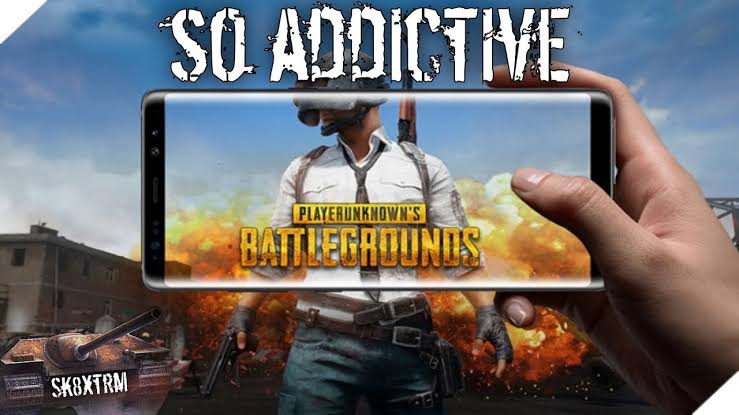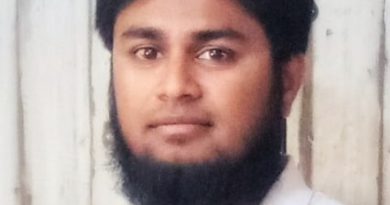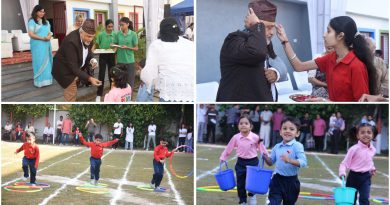PUBG Addiction—Game or Threat?
World Health Organization has officially recognized gaming as a legitimate mental health disorder.
PlayerUnknown’s Battlegrounds commonly known as PUBG is an online multi-player royal game. It is a player vs player or squad vs squad game in which up to one hundred players fight a battle royal in a map of 6km x 6km in battle royal type where the last man standing remains to be called “Winner-Winner Chicken Dinner”.
It is available in Windows, Play station, Xbox and Mobile, of which the mobile version is most common among these days called PUBG Mobile
The addiction to this game has become more concerning than addiction to drugs as we get to see youngsters hooked to their mobile phones playing these games, spending their unlimited time and doing nothing.
It is considered as the most popular mobile game in the world but it is ruining the lives of youth, losing their valuable time, mental health, and not able to have proper sleep due to this game.
Several cases of PUBG addiction have been reported in many countries including India, where addiction to these games led youth to destroy their mental health, hallucinating and even injuring themselves.
- A 15-year-old boy studying Class 10 from Bangalore addicted to PUBG, that he would stay up until 2-3 am playing the game, and often missed school because of waking up late. His worried parents then took him to SHUT (Service for Healthy Use of Technology) Clinic and now he is under treatment.
- A 19-year-old man from Delhi was arrested for allegedly killing his parents and sister, since they objected his additions to PUBG.
- A class 10 student confessed at police station that he stole Rs 50000 from his father to purchase a PUBG Controller.
- A Malaysian man left his home including his four months pregnant wife for playing the online game.
- A fitness trainer from Jammu Kashmir has ended up in hospital after losing his mental health due to his addiction to the game. After continuously playing the game for 10 days, he had become violent and started hitting himself with blows.
- A young man from Madhya Pradesh drank acid instead of drinking water while playing PUBG, later he was rushed to hospital and was operated on his intestine for more than 10 hours.
- A 27-year-old man from Mumbai stabbed his sister’s fiancé after the latter confronted him about his severe gaming addiction.
Besides draining themselves with playing these games, youth are on verge of losing their eyesight.
Due to playing the game for long hours they have grown eye pain, vertigo, weakness, lack of sleep, headache, mood-swings, irritation and peevish behavior. Addicted gamers also express social phobia.
The National Institute of Mental Health and Neuro Sciences (NIMHANS) have outlined over 120 cases of PUBG addiction in 2018 in India alone.
World Health Organization has officially recognized gaming as a legitimate mental health disorder.
Following the incidents many concerned parents have demanded a ban on the online game, which resulted in Rajkot Police banning the game, following which Surat, Bhavnagar and Gir Somnath districts have gone ahead and issued notice to ban the popular game.
It was not just parents, even children demanded the game to be banned. An 11-year-old child from Mumbai appealed to the state and central governments to ban PUBG. PUBG was banned in China in December 2018.
The National Commission for Protection of Child Rights (NCPCR) has also reportedly recommended a ban on the game across the country. As per the Sensor Tower report, PUBG was downloaded more in the first quarter of 2018 than apps such as YouTube, Netflix and Snapchat.
The concern has now escalated to the highest level in India, speaking during a program on “pariksha pe charcha” a mother of a ninth-grader asked PM Modi that his son was distracted by the online game.
Despite ban-threats and some cities have banned it, PUBG is also organizing online tournaments in India, where a whopping Rs1 Crore was distributed as prize money.
PUBG in a statement had promised that they would take feedback from parents, educators and government organizations to create a safe ecosystem that would enhance the game playing experience.



